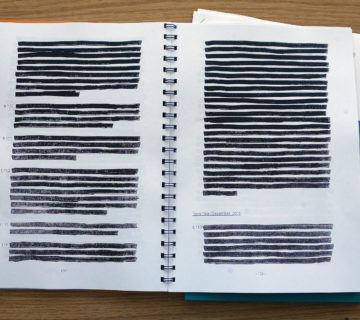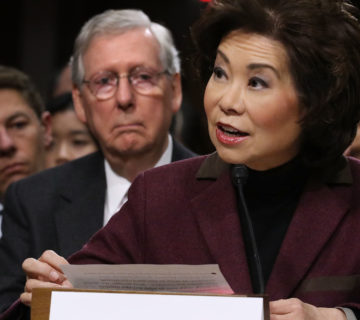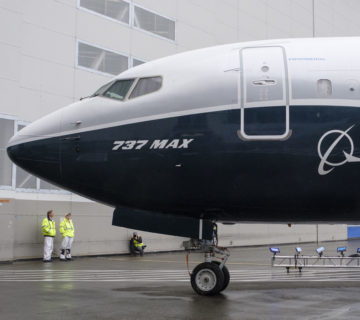The Pharmaceutical Industry Remains an Overwhelming Force in Trump and Azar’s Washington
WASHINGTON — Big Pharma’s top executives are back in Washington tomorrow for the industry’s second closed-door White House meeting in less than two months. Despite Trump and Azar’s promises to lower drug prices for American families, they have made no progress. A pharmaceutical executive even stated on the record that he is not worried about the industry’s future under this administration.
While tomorrow’s meeting is forecasted to be friendly, which is no surprise given the close relationship between big pharma and this administration, here are the questions the administration should be asking big pharma, but we’re not holding our breath.
- A recent CDC study found that one in four American diabetics asked their doctors for cheaper option to insulin and many are not taking their medications as prescribed because they can’t afford it. What actions are you taking to ensure no American with diabetes must ration their insulin?
- On second-quarter earnings calls, Pfizer reported it returned $12.9 billion to shareholders in the first half of 2019, Merck revenues were $11.8 billion, a 12% year-over-year increase, and Bristol-Myers Squibb reported $8 billion in buybacks over the past 10 years. How do you justify such high profit margins when so many Americans can’t afford their prescription drugs?
- This year, at least 20 drug makers hiked the prices for more than 40 prescription drugs. Are you planning to continue to raise your company’s prices so you can profit off the backs of sick Americans?
- What will you do in the next quarter and over the next year to help change the drug pricing system to help everyday Americans?
- Will you disclose to the public what was discussed in closed-door meetings with President Trump, Secretary Azar, and other high-ranking members of the administration?
“American patients are suffering while this administration cozies up to big pharma and refuses to reign in outrageous drug pricing,” said Lizzy Price, Director of Restore Public Trust. “Big pharma’s top executives were just at the White House last month and they’re back again. These CEOs are at the helm of the prescription drug crisis and Secretary Azar and President Trump have failed again and again to stand up to their greedy business tactics, resulting in even higher drug prices and Americans suffering.
“The public deserves to know what will be discussed in these meetings and what meaningful action the drug companies and the administration will take to lower the costs of prescription drugs.”
The Trump administration, led by Health and Human Services (HHS) Secretary Alex Azar, has taken no meaningful action to reduce the costs of prescription drugs for the scores of Americans still struggling to pay for drugs they need. The soaring cost of lifesaving medications is affecting the health of American patients. A recent study from the Centers for Disease Control and Prevention found 13.2% of American diabetics in 2018 didn’t take their medications as prescribed because they couldn’t afford them. Additionally, 24.4% asked their doctor to prescribe them a cheaper drug than insulin.
But this isn’t surprising. Research from Restore Public Trust lays out how Secretary Azar helped create the system now pricing diabetics and other patients out of the drugs they need. Attorneys General in several states are reportedly investigating insulin drug pricing by the drug giant Eli Lilly, including the charges of price-fixing that would have occurred during Azar’s tenure. Eli Lilly is also named as a defendant in a class-action lawsuit alleging price-fixing during Azar’s tenure at the company. While Secretary Azar was an executive at Eli Lilly, the company increased the cost of diabetes medication Humalog by 345% and the price of insulin by 450% above inflation.
In June, Restore Public Trust launched the website, BigPharmasBestFriends.org, exposing sixteen Trump administration officials who have made almost $6 million from the pharmaceutical industry while everyday Americans struggle to find the money for lifesaving drugs they need.



